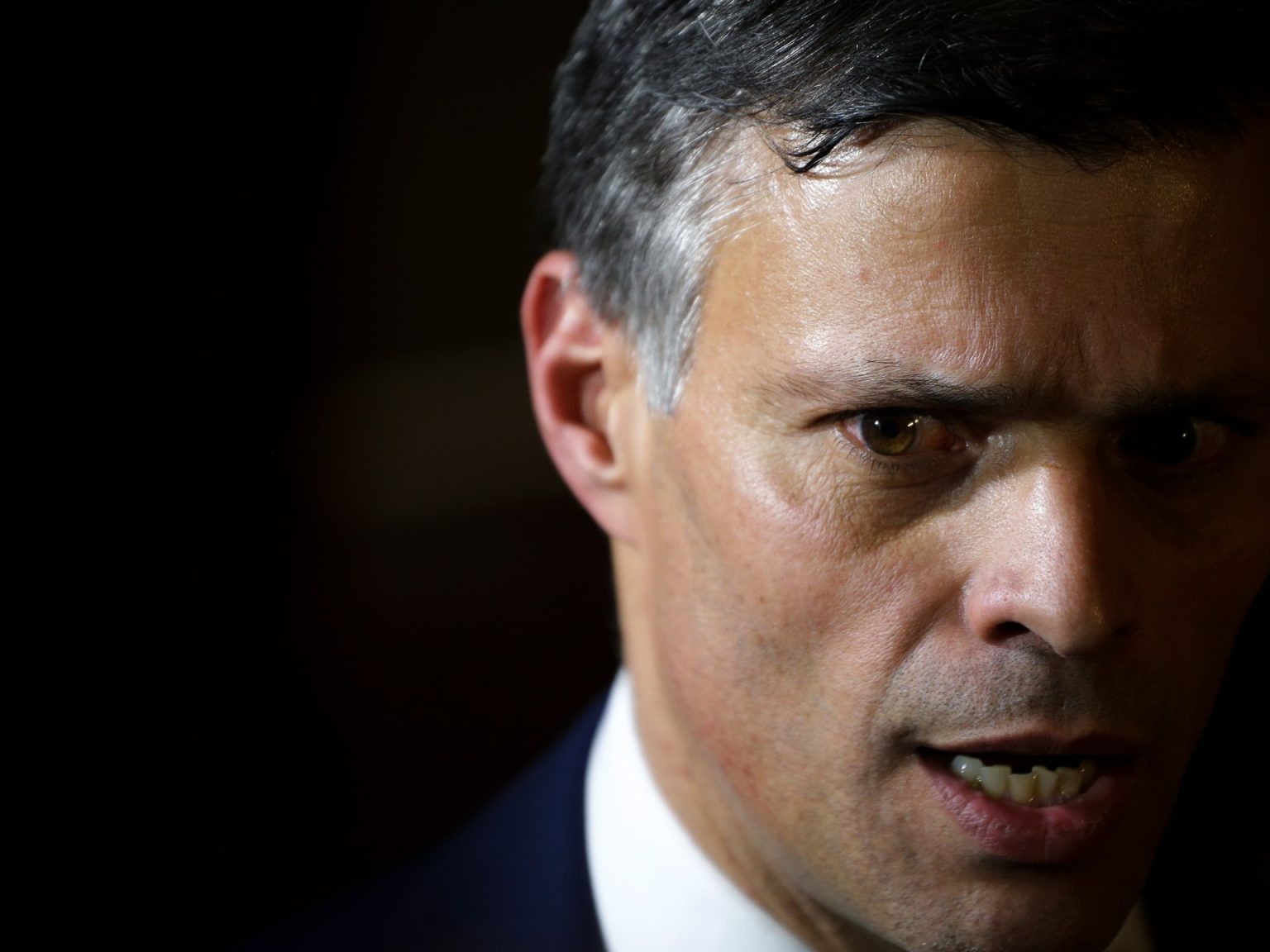The Venezuelan political landscape continues to be marked by deep divisions and accusations of human rights abuses, as the government seeks the arrest of prominent opposition figure Leopoldo Lopez, currently in exile in Spain. Attorney General Tarek Saab announced the request for an Interpol arrest warrant, citing Lopez’s social media endorsement of former Colombian President Alvaro Uribe’s call for international intervention to remove President Nicolas Maduro from power. This latest development follows a contentious presidential election, marred by accusations of irregularities and a subsequent crackdown on dissent.
The recent election, which saw Maduro sworn in for a third six-year term, has intensified pre-existing tensions between the government and the opposition. Maduro’s victory was swiftly announced, lacking the customary detailed breakdown of results, leading to accusations of manipulation. The opposition, presenting what they claim are authentic voting tallies, assert their candidate, Edmundo Gonzalez, won by a substantial margin. Gonzalez has since sought refuge abroad, touring countries that recognize his claim to the presidency, while Maduro denounces foreign interference and conspiracy. This disputed election has further polarized the political landscape, with the government arresting thousands in a post-election crackdown and the US increasing its bounty on Maduro.
Leopoldo Lopez, a key figure in the Venezuelan opposition, has a history of clashes with the Maduro government. Initially imprisoned in 2014 on charges ranging from public incitement to conspiracy, Lopez’s detention was widely condemned by international human rights organizations as politically motivated. After years spent in prison and under house arrest, he eventually fled to Spain in 2020. Now, the Venezuelan government is reviving legal action against him, accusing him of instigating violence, treason, and conspiracy, based on his online support for Uribe’s call for international intervention. This move further underscores the government’s ongoing efforts to suppress dissent and target opposition figures, both within and outside Venezuela’s borders.
The international community remains deeply concerned about the political situation in Venezuela. The disputed election, the suppression of dissent, and the government’s pursuit of opposition figures abroad raise serious questions about human rights and democratic processes. The US, recognizing Gonzalez as the legitimate winner of the election, has increased its pressure on the Maduro regime. This complex interplay of domestic politics and international pressure continues to shape the unfolding crisis in Venezuela, with the potential for further escalation.
The Venezuelan government’s attempt to use Interpol to arrest Lopez raises complex legal and political questions. Interpol’s constitution explicitly prohibits its involvement in activities of a political, military, religious, or racial character. The Venezuelan government’s accusations against Lopez, particularly in the context of his political activities and exile, raise concerns that the request for an arrest warrant may be politically motivated. It remains to be seen how Interpol will respond to this request, and whether other countries will cooperate with Venezuela’s efforts to extradite Lopez. This situation highlights the delicate balance between international law enforcement cooperation and the potential for its misuse in politically charged situations.
The ongoing political crisis in Venezuela has far-reaching consequences for the country and the region. The disputed election, the crackdown on dissent, and the economic struggles facing the nation have led to a humanitarian crisis, with millions of Venezuelans fleeing the country in search of stability and opportunity. The international community faces the challenge of balancing its concern for human rights and democratic principles with the need to find a peaceful and sustainable solution to the crisis. The pursuit of Leopoldo Lopez through Interpol adds another layer of complexity to this already challenging situation, underscoring the deep political divides and the ongoing struggle for power in Venezuela.

